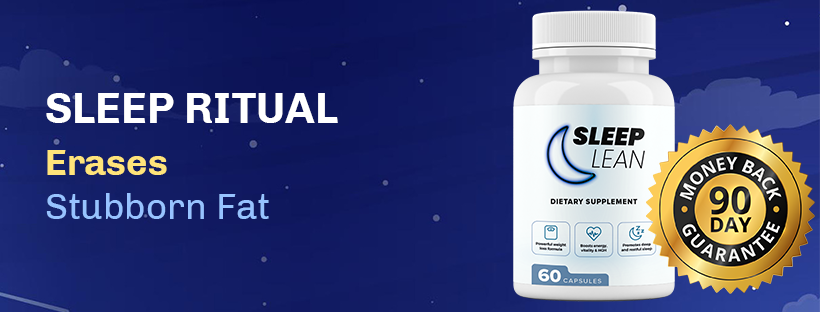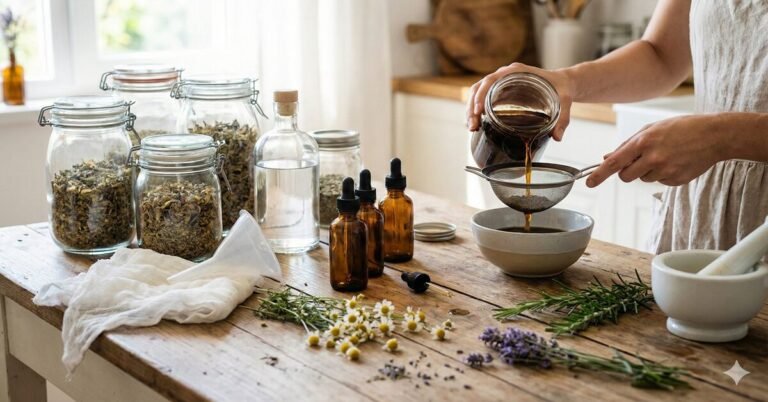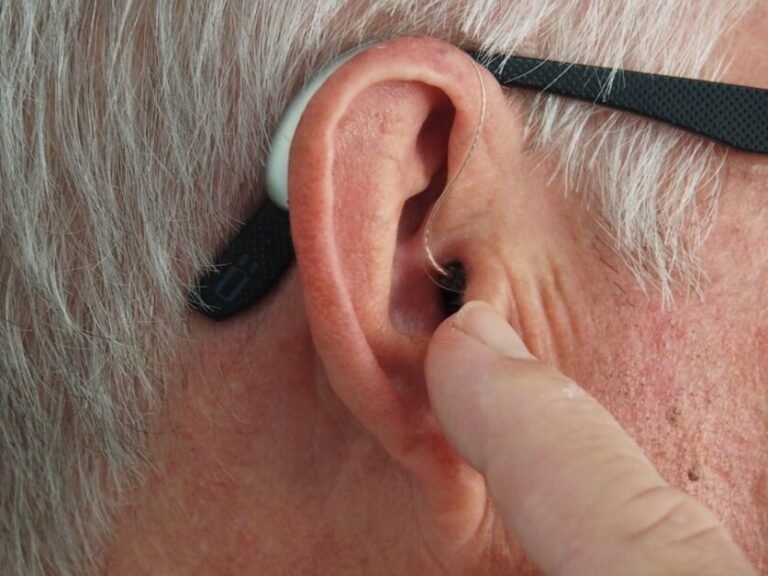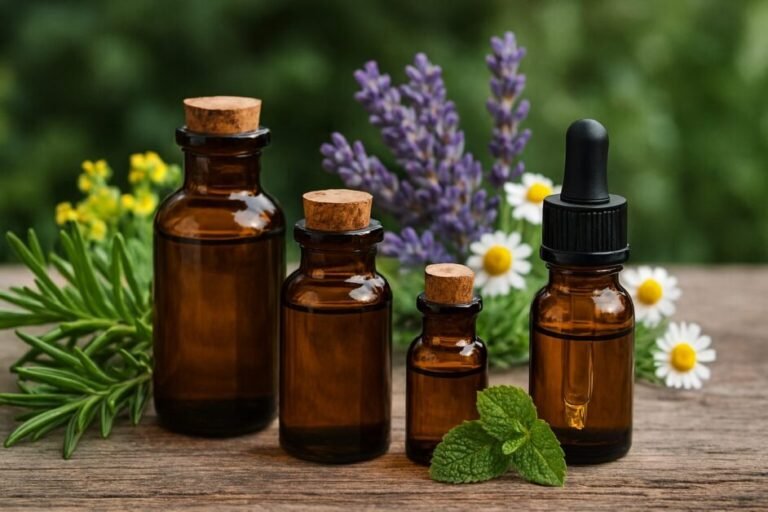Home Remedies for Hypertension: Simple Solutions for a Healthier Heart
Hypertension, also known as high blood pressure, is a common condition that affects millions of people worldwide. It occurs when the force of blood against the walls of the arteries is consistently too high, putting extra strain on the heart and blood vessels. This can lead to serious health problems, including heart disease, stroke, and kidney failure. Hypertension is often referred to as the “silent killer” because it typically has no symptoms, so many people may not even be aware that they have it. It is important to have your blood pressure checked regularly, as early detection and treatment can help prevent complications.
There are two types of hypertension: primary (essential) hypertension and secondary hypertension. Primary hypertension is the most common type and has no identifiable cause. It tends to develop gradually over many years and is often related to lifestyle factors such as diet, exercise, and stress. Secondary hypertension, on the other hand, is caused by an underlying condition such as kidney disease, hormonal disorders, or certain medications. Understanding the different types of hypertension and their potential causes is crucial for effective management and treatment.
Lifestyle Changes to Lower Blood Pressure
Making lifestyle changes is often the first line of defense in managing hypertension. These changes can help lower blood pressure and reduce the risk of complications. One of the most important lifestyle changes is maintaining a healthy weight. Being overweight or obese can increase the risk of hypertension, so losing even a small amount of weight can make a big difference. Eating a balanced diet that is low in sodium, saturated fat, and cholesterol is also essential for managing blood pressure. This means consuming plenty of fruits, vegetables, whole grains, and lean protein, while limiting processed and high-sodium foods.
Regular physical activity is another key component of a healthy lifestyle for managing hypertension. Exercise helps to strengthen the heart and improve circulation, which can lower blood pressure. Aim for at least 30 minutes of moderate-intensity exercise most days of the week, such as brisk walking, swimming, or cycling. In addition to diet and exercise, managing stress is important for controlling hypertension. Chronic stress can contribute to high blood pressure, so finding healthy ways to relax and unwind, such as meditation, yoga, or deep breathing exercises, can be beneficial.
The Role of Diet in Managing Hypertension
Diet plays a crucial role in managing hypertension, as certain foods can either help or hinder efforts to lower blood pressure. One of the most important dietary factors to consider is sodium intake. Consuming too much sodium can cause the body to retain fluid, which increases blood pressure. The American Heart Association recommends limiting sodium intake to no more than 2,300 milligrams per day, with an ideal limit of 1,500 milligrams for most adults. This can be achieved by avoiding processed and packaged foods, which are often high in sodium, and using herbs and spices to flavor meals instead of salt.
In addition to reducing sodium, increasing potassium intake can also help lower blood pressure. Potassium helps to balance the effects of sodium and relax the walls of blood vessels, which can reduce pressure on the arteries. Foods that are high in potassium include bananas, oranges, potatoes, spinach, and yogurt. Another important dietary consideration for managing hypertension is limiting alcohol consumption. Drinking too much alcohol can raise blood pressure, so it is recommended to limit intake to no more than one drink per day for women and two drinks per day for men.
Herbal Remedies for Hypertension
In addition to lifestyle changes and dietary modifications, some people may turn to herbal remedies as a natural approach to managing hypertension. While more research is needed to fully understand the effectiveness and safety of herbal remedies for hypertension, some herbs and supplements have shown promise in lowering blood pressure. One of the most well-known herbal remedies for hypertension is garlic. Garlic has been used for centuries in traditional medicine for its potential cardiovascular benefits, including lowering blood pressure and reducing cholesterol levels.
Another popular herbal remedy for hypertension is hawthorn. Hawthorn is a plant that has been used in traditional Chinese medicine and European herbal medicine for its potential heart-healthy properties. It is believed to help dilate blood vessels, improve blood flow, and lower blood pressure. Other herbal remedies that have been studied for their potential effects on hypertension include hibiscus, ginger, and flaxseed. It is important to consult with a healthcare professional before using any herbal remedies, as they can interact with medications and may not be safe for everyone.
Stress Management Techniques for a Healthier Heart
Chronic stress can have a significant impact on blood pressure and overall cardiovascular health. When the body is under stress, it releases hormones that can cause the heart to beat faster and blood vessels to constrict, which can raise blood pressure. Finding healthy ways to manage stress is important for maintaining a healthy heart and managing hypertension. One effective stress management technique is meditation. Meditation can help calm the mind and relax the body, which can lower blood pressure and reduce the risk of heart disease.
Another stress management technique that can benefit heart health is yoga. Yoga combines physical postures, breathing exercises, and meditation to promote relaxation and reduce stress. Studies have shown that practicing yoga regularly can help lower blood pressure and improve overall cardiovascular health. Deep breathing exercises are another simple yet effective stress management technique for a healthier heart. Deep breathing can help slow the heart rate, lower blood pressure, and promote a sense of calm and relaxation. Taking a few minutes each day to practice deep breathing can have a positive impact on both physical and mental well-being.
The Importance of Regular Exercise in Controlling Hypertension
Regular exercise is an essential component of managing hypertension and maintaining overall cardiovascular health. Exercise helps to strengthen the heart, improve circulation, and lower blood pressure. It can also help with weight management, reduce stress, and improve sleep, all of which are important for controlling hypertension. Aerobic exercise, such as walking, jogging, swimming, or cycling, is particularly beneficial for lowering blood pressure. Aim for at least 30 minutes of moderate-intensity aerobic exercise most days of the week to help keep blood pressure in check.
In addition to aerobic exercise, strength training can also be beneficial for managing hypertension. Building muscle can help improve metabolism, reduce body fat, and lower blood pressure. Incorporating strength training exercises, such as lifting weights or using resistance bands, into a regular exercise routine can help support overall cardiovascular health. It is important to consult with a healthcare professional before starting a new exercise program, especially if you have hypertension or other cardiovascular risk factors. They can provide guidance on the most appropriate types and amounts of exercise for your individual needs.
Natural Supplements for Lowering Blood Pressure
In addition to herbal remedies, certain natural supplements have been studied for their potential effects on lowering blood pressure. One of the most well-known natural supplements for hypertension is omega-3 fatty acids. Omega-3 fatty acids, found in fatty fish such as salmon, mackerel, and sardines, as well as in fish oil supplements, have been shown to have cardiovascular benefits, including lowering blood pressure and reducing the risk of heart disease. Coenzyme Q10 (CoQ10) is another natural supplement that has been studied for its potential effects on blood pressure. CoQ10 is a compound that helps produce energy in cells and has antioxidant properties, which may help lower blood pressure.
Magnesium is a mineral that plays a crucial role in cardiovascular health and has been studied for its potential effects on blood pressure. Some research suggests that magnesium supplementation may help lower blood pressure, particularly in people with hypertension or magnesium deficiency. Other natural supplements that have been studied for their potential effects on blood pressure include garlic, hibiscus, and beetroot. It is important to consult with a healthcare professional before using any natural supplements, as they can interact with medications and may not be safe for everyone.
Home Remedies for Hypertension: Tried and Tested Solutions
In addition to lifestyle changes, dietary modifications, herbal remedies, and natural supplements, there are several tried and tested home remedies that may help lower blood pressure. One of the most well-known home remedies for hypertension is apple cider vinegar. Some studies have suggested that apple cider vinegar may help lower blood pressure by promoting weight loss, reducing cholesterol levels, and improving circulation. Another popular home remedy for hypertension is lemon water. Drinking lemon water can help hydrate the body, provide a good source of vitamin C, and support overall cardiovascular health.
In addition to apple cider vinegar and lemon water, other home remedies for hypertension include beetroot juice, pomegranate juice, and green tea. Beetroot juice is rich in nitrates, which can help dilate blood vessels and lower blood pressure. Pomegranate juice is high in antioxidants, which can help protect the heart and improve circulation. Green tea is also rich in antioxidants and has been shown to have potential cardiovascular benefits, including lowering blood pressure. It is important to consult with a healthcare professional before using any home remedies, as they may not be safe for everyone and can interact with medications.
Alternative Therapies for Hypertension Management
In addition to conventional treatments for hypertension, there are several alternative therapies that may help manage blood pressure and support overall cardiovascular health. One alternative therapy that has gained popularity for its potential effects on hypertension is acupuncture. Acupuncture is a traditional Chinese medicine practice that involves inserting thin needles into specific points on the body to promote healing and balance energy. Some studies have suggested that acupuncture may help lower blood pressure and improve circulation.
Another alternative therapy for hypertension management is massage therapy. Massage therapy can help relax the body, reduce stress, and improve circulation, all of which can have a positive impact on blood pressure. Some research has shown that regular massage therapy may help lower blood pressure and support overall cardiovascular health. Other alternative therapies that have been studied for their potential effects on hypertension include aromatherapy, reflexology, and biofeedback. It is important to consult with a healthcare professional before using any alternative therapies, as they may not be safe for everyone and should be used in conjunction with conventional treatments.
Seeking Professional Help: When to Consult a Doctor for Hypertension
While lifestyle changes, dietary modifications, herbal remedies, natural supplements, home remedies, and alternative therapies can be beneficial for managing hypertension, it is important to seek professional help when necessary. If you have been diagnosed with hypertension or have risk factors for high blood pressure, it is important to consult with a healthcare professional for guidance on the most appropriate treatment plan. This may include medication, regular monitoring of blood pressure, and lifestyle modifications to support overall cardiovascular health.
It is also important to consult with a healthcare professional if you experience symptoms of hypertension, such as severe headaches, shortness of breath, chest pain, or vision problems. These symptoms may indicate a hypertensive crisis, which requires immediate medical attention. Additionally, if you are using herbal remedies, natural supplements, home remedies, or alternative therapies to manage hypertension, it is important to inform your healthcare professional, as these treatments can interact with medications and may not be safe for everyone. By working with a healthcare professional, you can develop a comprehensive treatment plan that addresses your individual needs and supports overall cardiovascular health.









